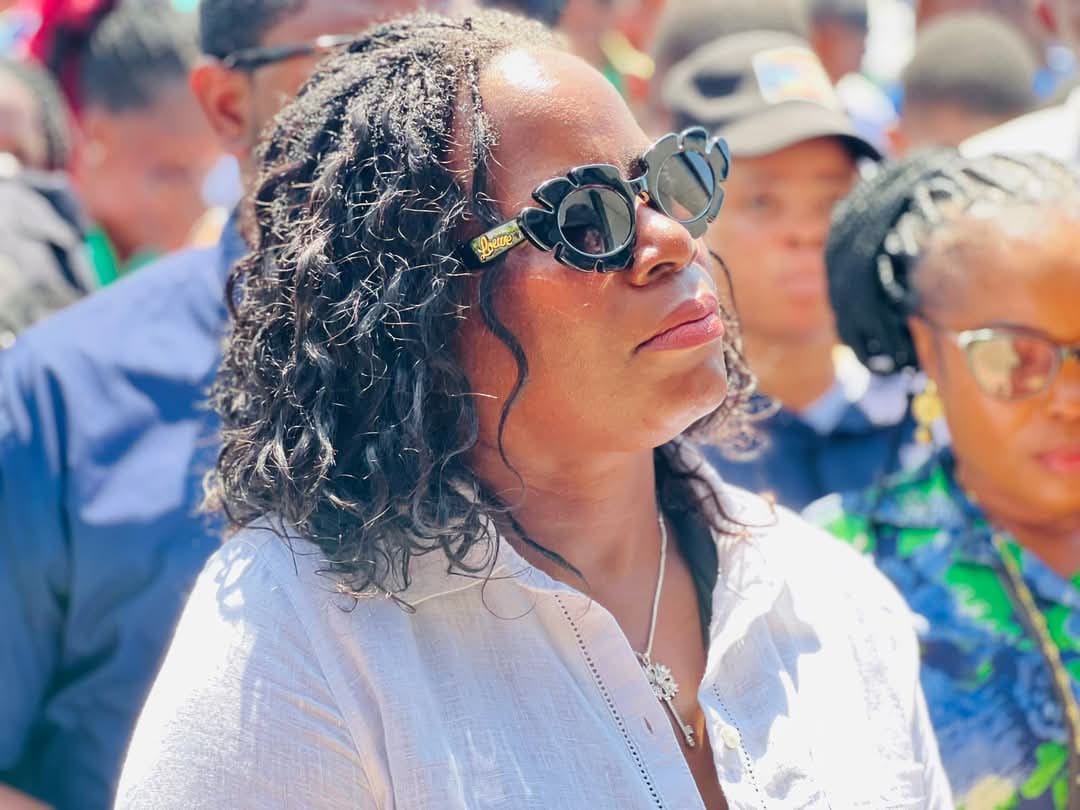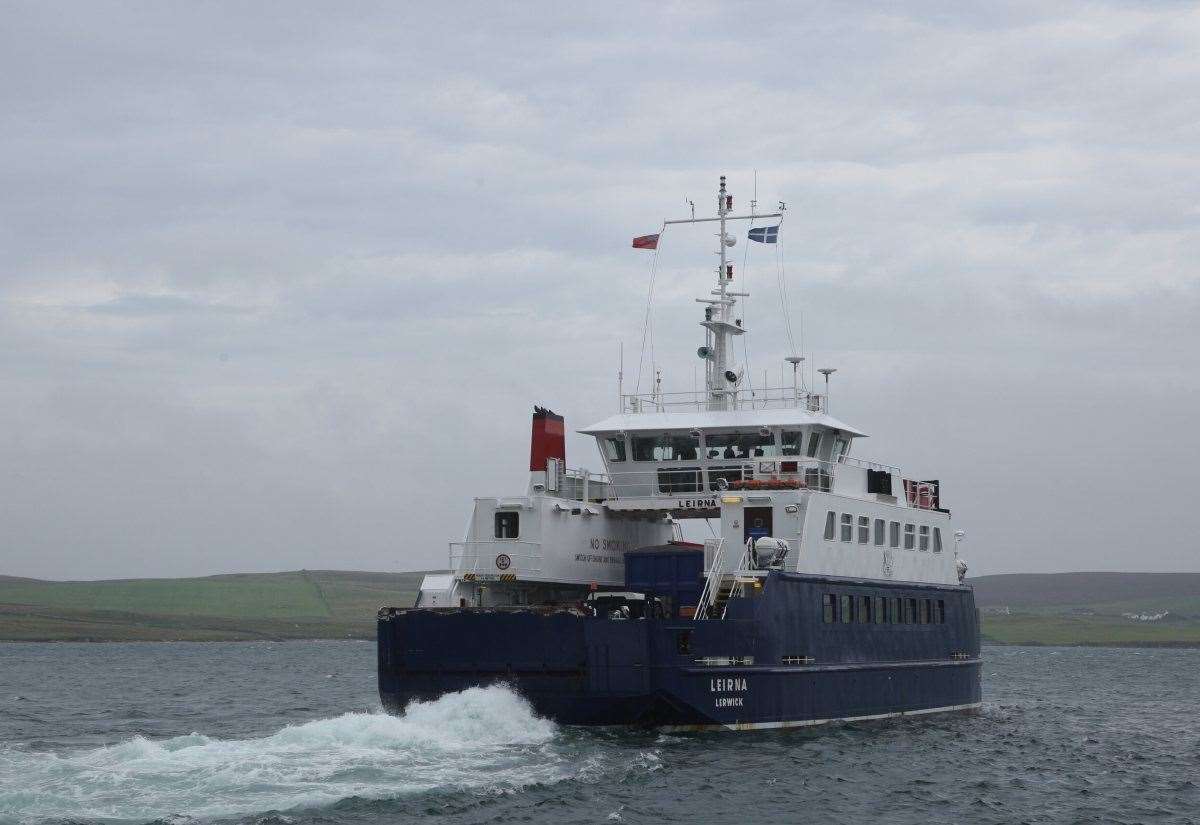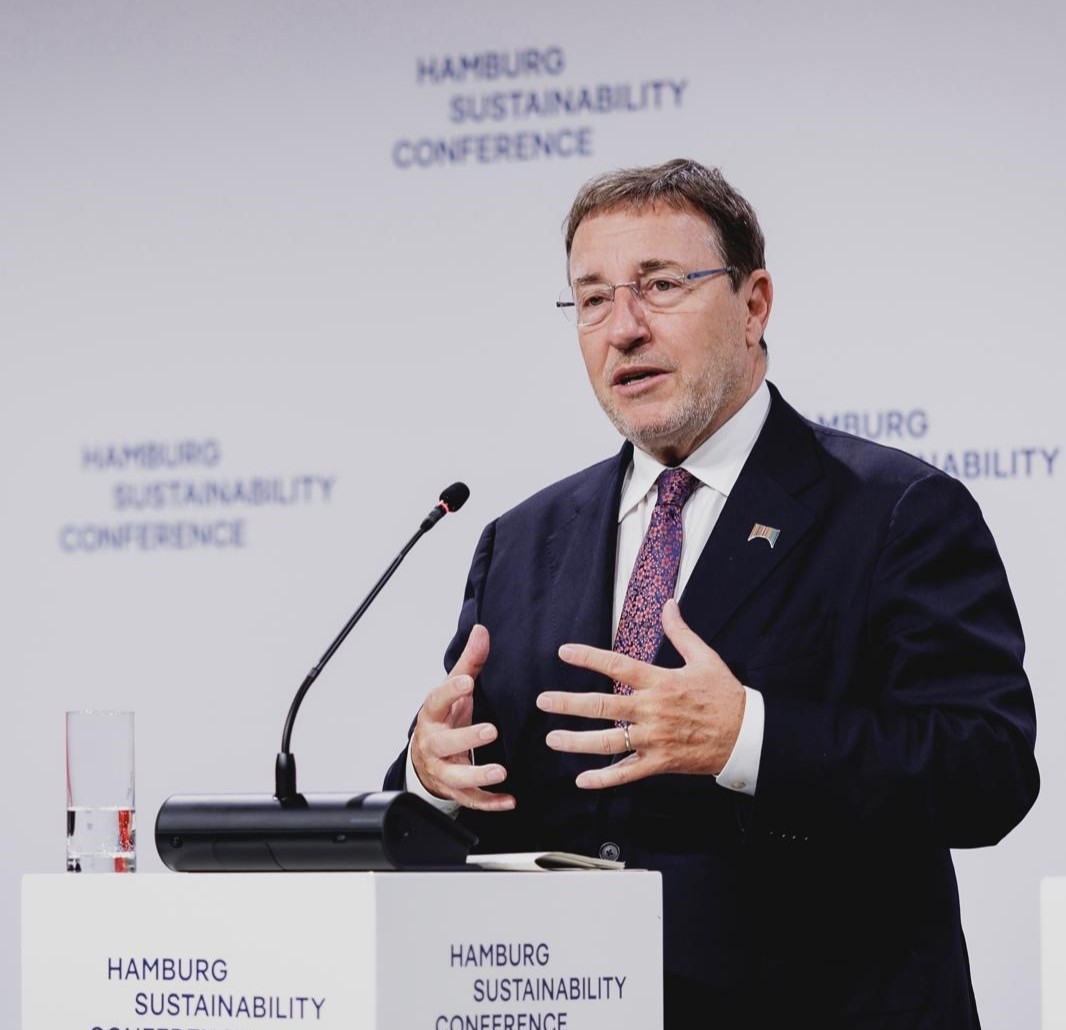Copyright thenewdawnliberia

By Seltue Karweaye Sr. The Liberian Senate has embarked on an important initiative by holding public hearings on the proposed US$365 million road concession agreement with PAVIPORT AL Associates, Inc., a Sierra Leonean private consortium. This collaboration aims to enhance the nation's infrastructure by financing and constructing several key road corridors through a Build-Operate-Transfer (BOT) model. The hearings commenced on Thursday, October 30, 2025, and are being facilitated by a dedicated Joint Committee comprised of members from various committees, including Public Works, Concessions and Investment, Transport, Ways and Means, Finance and Budget, Public Accounts and Audits (PAC), and Judiciary, Human Rights, Claims, and Petitions. This diverse representation underscores the commitment of the Senate to thoroughly evaluate the agreement from multiple perspectives. The proposed agreement, submitted by the Executive Branch in July 2025, seeks legislative approval for the asphalt paving of five major road corridors over the next five years, spanning a total of 255 kilometers. The corridors identified for this significant investment include: 1. St. Paul Bridge to Klay (Bomi County) 2. Klay to Bo Waterside (Grand Cape Mount County) 3. Klay to Tubmanburg (Bomi County) 4. Madina to Robertsport (Grand Cape Mount County) 5. Voinjama to Mendikorma (Lofa County) Through the BOT model, PAVIPORT AL Associates, Inc. will take on the responsibility of financing, constructing, and operating these vital road segments during the concession period. This strategic partnership is poised to improve connectivity, stimulate economic growth, and ultimately enhance the quality of life for Liberians by ensuring the roads are efficiently managed before being handed back to the Government of Liberia. The total estimated cost of this monumental infrastructure project is projected at a staggering US$364.8 million, making it one of the most significant undertakings in Liberia since the completion of the Monrovia–Gbarnga–Ganta–Guinea border highway, which was finalized during the Sirleaf administration. What is particularly alarming is how PAVIPORT AL Associates, formed in 2015 in Sierra Leone, was selected by the Executive branch through a process that closely resembles a "Sole Source/Unsolicited Bid." This process raises serious concerns as it clearly violates the Amended and Restated Public Procurement and Concession Act of 2010, which explicitly mandates international competitive bidding is not just preferred but required for such huge projects. According to Section 97 of the Amended and Restated Public Procurement and Concession Act of 2010, "international competitive bidding MUST be utilized when one or more of the following conditions exist: 1) the project entails international expertise that is crucial for successful implementation; 2) the project involves advanced technology that is not readily available within Liberia; or 3) the project necessitates a capital investment that is not typically accessible to local stakeholders." These conditions are essential for fostering an environment of transparency and ensuring the selection of contractors who possess the requisite capabilities to execute such vast and complex projects. Moreover, Section 101 of the Amended and Restated Public Procurement and Concession Act of 2010, emphasizes that a concession can only be awarded on a "sole source basis" if it necessitates specialized skills that are exclusively available to the bidder, involves unique innovations or technologies owned solely by the bidder, or if there is a compelling national interest that precludes the possibility of multiple bidders participating. In the case of PAVIPORT, none of these critical justifications seem to apply, raising significant questions regarding the legitimacy of the bidding process. This leads us to a pivotal question: why was PAVIPORT granted the substantial US$364 million road concession agreement by the Executive branch? If the bidding process had been opened to full competition, can anyone credibly argue that PAVIPORT would have still been able to position itself as the most capable and responsive bidder, ultimately providing the best value for taxpayers' money? It is imperative that we insist on accountability and uphold transparency in our public procurement processes to ensure that the best interests of Liberia and its citizens are rightfully prioritized. Has the Unity Party-led government in Liberia genuinely learned from the significant lessons of the "yellow machine saga," which involved a highly controversial deal for the acquisition of 285 heavy-duty construction machines? These machines were intended for essential infrastructure projects nationwide. This deal raised serious concerns as it was initially proposed at an inflated cost, and it advanced without obtaining the necessary legislative approval—a critical step in ensuring accountability and transparency in governance. Where is the government's dedication to implementing a transparent competitive bidding process, which is crucial for fostering public trust? We fervently call upon the Liberian Senate to take a stand and reject the concession agreement between the Government of Liberia and PAVIPORT AL Associates, Inc. It is absolutely vital that the Executive Branch subjects this agreement to a thorough competitive bidding process, as mandated by the Restated Public Procurement and Concession Act of 2010. This legislation was put in place to fundamentally reform Liberia's public procurement and concession systems, which have historically suffered from inefficiency, poor transparency, and a disturbing vulnerability to corruption. The Liberian Senate must actively promote fair competition, rigorous accountability, and enhanced efficiency in public spending through the Public Procurement and Concessions Commission (PPCC). By implementing comprehensive, transparent, and enforceable regulations for procurement and concessions, especially in relation to PAVIPORT AL Associates, Inc., they can lay the foundation for a more equitable and transparent governance structure that benefits all Liberians. This initiative is crucial in ensuring that public resources are utilized effectively, reducing corruption, and fostering trust among citizens. The time for decisive action is upon us; our united commitment to integrity and transparency in governance is vital for fostering sustainable development and ensuring that the benefits of economic growth reach every sector of society. By prioritizing these principles, the Senate can help usher in a prosperous future for the nation, where accountability and good governance become the norm rather than the exception. I rest my pen.



